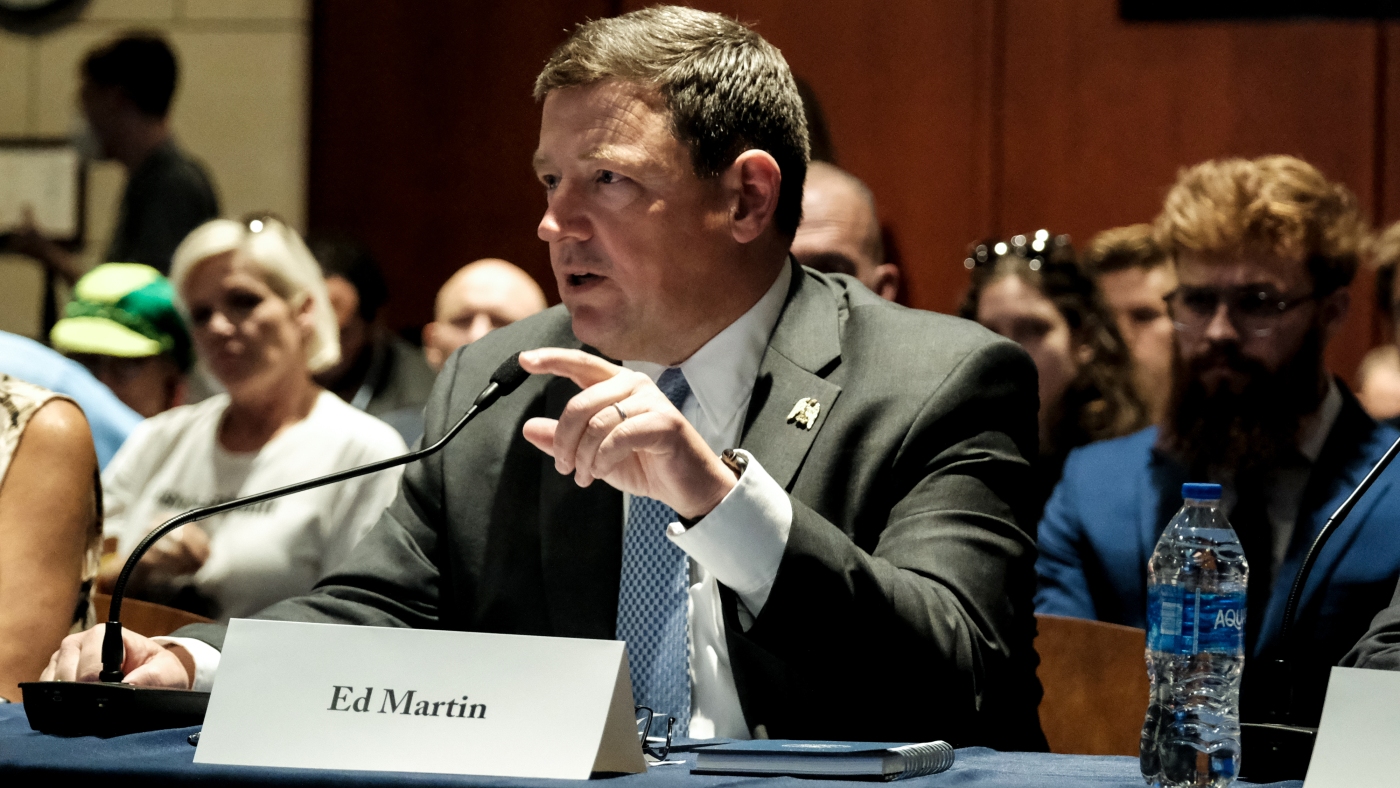The Digital Deception: When Fake Videos Threaten Your Well-Being
Health
2025-03-28 06:36:47Content

In the rapidly evolving digital landscape, deepfake technology has emerged as a potent threat to public health information, weaving a complex web of deception that challenges our understanding of truth and credibility. These sophisticated AI-generated videos and audio clips are transforming misinformation into an increasingly dangerous and persuasive medium.
Celebrities and medical influencers are now unwitting victims of synthetic endorsements, with hyper-realistic deepfakes promoting dubious "miracle cures" and unproven medical treatments. These fabricated testimonials can spread like wildfire across social media platforms, potentially misleading vulnerable individuals seeking legitimate health advice.
The most alarming aspect of this technological menace is its ability to erode public trust in medical professionals and established healthcare information. By creating seemingly authentic medical guidance from fake experts, deepfakes can undermine years of scientific research and professional medical communication.
As artificial intelligence continues to advance, the line between reality and fabrication becomes increasingly blurred. Consumers must develop critical digital literacy skills to discern genuine medical information from sophisticated AI-generated misinformation, protecting themselves from potentially harmful medical recommendations.
The battle against deepfake health misinformation requires a multi-pronged approach, involving technology companies, healthcare professionals, and media platforms working collaboratively to detect and neutralize these deceptive digital threats.
The Dark Side of AI: How Deepfake Technology is Undermining Medical Trust and Spreading Dangerous Misinformation
In an era of rapid technological advancement, artificial intelligence has emerged as a double-edged sword, wielding unprecedented power to manipulate information and challenge the very foundations of truth. The rise of deepfake technology represents a critical inflection point in our digital landscape, where the lines between reality and fabrication become increasingly blurred, particularly in the sensitive realm of healthcare and medical information.Unmasking the Digital Deception: When AI Becomes a Threat to Public Health
The Anatomy of Digital Manipulation
Deepfake technology has evolved from a novelty to a sophisticated tool of digital manipulation, capable of creating hyper-realistic content that can deceive even the most discerning viewers. Medical professionals and public health experts are increasingly alarmed by the potential consequences of these AI-generated fabrications. The technology's ability to generate convincing video and audio content featuring trusted celebrities, medical professionals, and influencers poses an unprecedented threat to public health information integrity. The mechanisms behind deepfake creation are both complex and terrifyingly precise. Advanced machine learning algorithms can now analyze thousands of images and video clips, learning intricate facial movements, speech patterns, and contextual nuances. This allows for the creation of synthetic media that can seamlessly impersonate real individuals, making it nearly impossible for the average viewer to distinguish between authentic and fabricated content.The Dangerous Ecosystem of Medical Misinformation
The intersection of deepfake technology and medical information creates a perfect storm of potential harm. Malicious actors can now generate seemingly credible medical advice, fake celebrity endorsements, and fabricated treatment recommendations that appear legitimate at first glance. These digital deceptions exploit human vulnerabilities, targeting individuals seeking medical guidance during moments of vulnerability and uncertainty. Healthcare professionals are witnessing an alarming trend where patients arrive with misguided beliefs formed by AI-generated content. From miracle cure claims to dangerous alternative treatment recommendations, these fabricated narratives can have real-world consequences. The psychological impact is profound, eroding trust in legitimate medical institutions and creating a landscape of confusion and potential health risks.Technological Arms Race: Detection and Prevention
Combating deepfake technology requires a multifaceted approach involving technological innovation, regulatory frameworks, and public education. Researchers are developing sophisticated AI-powered detection tools that can identify synthetic media with increasing accuracy. Machine learning algorithms are being trained to recognize subtle inconsistencies in facial movements, audio synchronization, and contextual anomalies that human eyes might miss. However, the technological arms race continues, with deepfake creation techniques becoming more advanced with each passing month. This creates an ongoing challenge for detection technologies, requiring continuous adaptation and innovation. Collaboration between tech companies, medical institutions, and regulatory bodies has become crucial in developing comprehensive strategies to mitigate the spread of medical misinformation.Psychological and Social Implications
The broader implications of deepfake technology extend far beyond immediate medical misinformation. These digital fabrications erode social trust, challenge our perception of reality, and create a climate of perpetual skepticism. Individuals become increasingly uncertain about the authenticity of information, leading to potential psychological distress and decision-making paralysis. The most vulnerable populations—including the elderly, those with limited digital literacy, and individuals seeking medical guidance—are particularly at risk. The emotional and psychological manipulation enabled by deepfake technology can have long-lasting consequences, potentially deterring individuals from seeking legitimate medical advice or following recommended treatment protocols.Ethical Considerations and Future Outlook
As artificial intelligence continues to advance, society must grapple with complex ethical questions surrounding digital authenticity and information integrity. The development of robust legal frameworks, technological safeguards, and comprehensive public education initiatives will be critical in mitigating the potential harm of deepfake technologies. The future demands a proactive approach, where technological innovation is balanced with ethical considerations and a commitment to preserving human trust. Only through collaborative efforts across technological, medical, and regulatory domains can we hope to navigate the challenging landscape of AI-driven digital manipulation.RELATED NEWS
Health

Healing Horizons: El Camino Health Launches Cutting-Edge Rehabilitation Campus in Silicon Valley
2025-04-27 13:47:11
Health

New Health Hub Arrives: Foothills Community Expands Care Network to Anderson
2025-04-11 19:43:00






